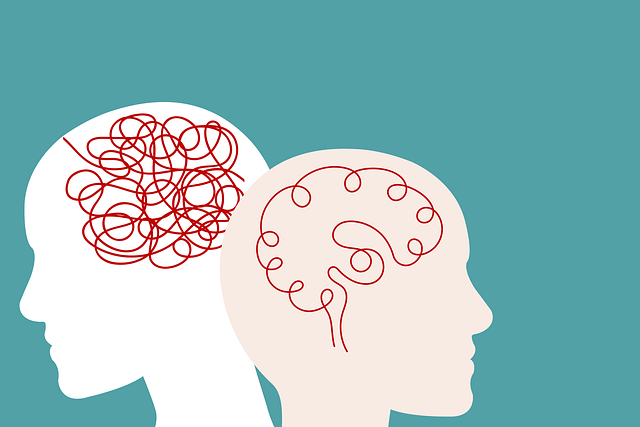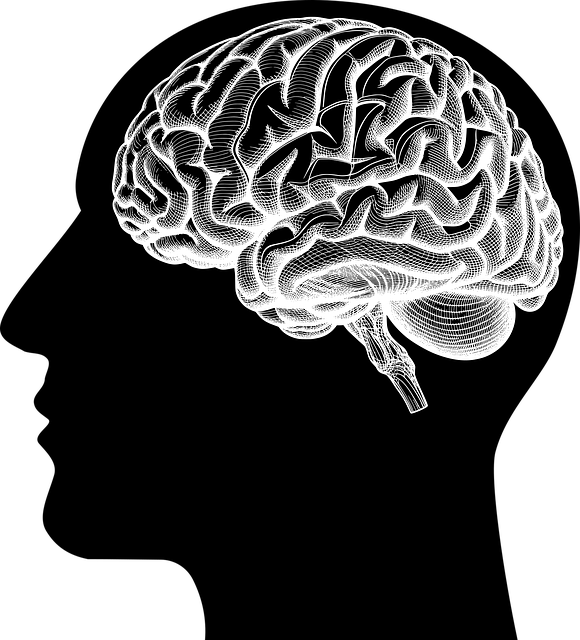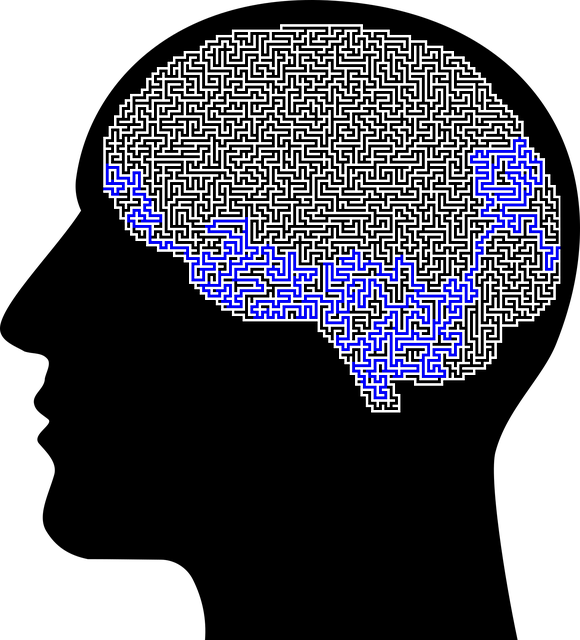Emotional Intelligence (EI) is a critical tool for managing postpartum depression (PPD) in new parents, with specialized Lakewood PPD therapy offering evidence-based strategies like CBT and IPT. The Mental Wellness Podcast Series provides EI resources, while early recognition of PPD symptoms and access to support services are vital. Enhancing EQ through mindfulness, journaling, and active listening improves emotional awareness and regulation, benefiting both parents and their babies' well-being. A comprehensive approach, including counseling, peer groups, and policy advocacy, creates a supportive environment for preventing and managing PPD in Lakewood.
Emotional intelligence (EI) is a powerful tool for navigating life’s challenges, especially for new parents. Understanding EI and its impact on mental health is crucial in recognizing and managing conditions like postpartum depression. This article explores various facets of building emotional resilience, including identifying signs of postpartum depression, the therapeutic role in Lakewood, practical strategies for self-awareness, and creating supportive environments to prevent and manage mood disorders. By delving into these topics, we aim to equip parents with knowledge to enhance their emotional well-being.
- Understanding Emotional Intelligence and its Impact on Mental Health
- Identifying Signs of Postpartum Depression: A Parent's Guide
- The Role of Therapy in Building Resilience Against Lakewood Postpartum Depression
- Practical Strategies for Enhancing Emotional Awareness and Regulation
- Creating a Supportive Environment for New Mothers: Preventing and Managing Postpartum Mood Disorders
Understanding Emotional Intelligence and its Impact on Mental Health

Emotional intelligence (EI) refers to an individual’s ability to recognize, understand, and manage their own emotions, as well as empathize with and influence others’ emotions. This multifaceted skill set goes beyond simple emotional awareness; it involves applying self-awareness and self-regulation in personal and professional interactions, fostering healthy relationships, and promoting positive mental health.
For many individuals struggling with postpartum depression, like those seeking Lakewood Postpartum Depression Therapy, developing emotional intelligence can be a powerful tool for healing and recovery. By cultivating EI, new mothers can enhance their coping skills, build inner strength, and navigate the complex emotions that arise during this transformative period. The Mental Wellness Podcast Series Production offers valuable resources and support for those looking to integrate EI practices into their mental wellness routines, ultimately contributing to improved emotional resilience and overall well-being.
Identifying Signs of Postpartum Depression: A Parent's Guide

Many new parents experience a range of emotions after welcoming a child into their lives—excitement, joy, and even exhaustion. However, for some, these feelings can be indicative of something more serious. Postpartum depression (PPD) is a common yet often overlooked condition that can significantly impact a parent’s ability to care for themselves and their baby. Recognizing the signs early on is crucial in Lakewood, where access to postpartum depression therapy and support services can make all the difference.
If you’re a new parent noticing persistent feelings of sadness, anxiety, or extreme fatigue, it could be an indicator of PPD. This might manifest as difficulty bonding with your child, loss of interest in activities you once enjoyed, changes in appetite or sleep patterns, and even thoughts of hopelessness or worthlessness. While some degree of emotional ups and downs are normal during the postpartum period, these symptoms should not interfere with daily life or last for more than a couple of weeks. If they persist, it’s essential to reach out for help. Burnout prevention strategies, mood management techniques, and social skills training can be valuable tools in navigating PPD and ensuring both parents and babies thrive during this transformative time.
The Role of Therapy in Building Resilience Against Lakewood Postpartum Depression

Therapy plays a pivotal role in building resilience against Lakewood postpartum depression, offering crucial support to new mothers navigating this challenging phase. Through specialized therapy sessions, individuals can gain valuable tools to manage and prevent depression symptoms, fostering mental wellness. The process involves exploring underlying emotional triggers, developing coping strategies, and cultivating healthy self-care practices tailored to their unique needs.
For many, therapy serves as a safe space to process complex emotions, especially those stemming from past traumas. Effective therapy models, such as cognitive-behavioral therapy (CBT) and interpersonal therapy (IPT), have proven effective in depression prevention. These evidence-based approaches empower individuals to challenge negative thought patterns, strengthen relationships, and cultivate a positive support network—all essential aspects of trauma support services that contribute to long-lasting mental health and resilience.
Practical Strategies for Enhancing Emotional Awareness and Regulation

Developing emotional intelligence is a powerful tool for navigating life’s challenges and fostering healthy relationships. Enhancing emotional awareness involves recognizing and understanding your own feelings and emotions, as well as those of others. This skill can be cultivated through mindful practices such as regular self-reflection and journaling, where individuals can explore their thoughts, triggers, and emotional responses. Practicing active listening also plays a significant role; paying full attention to conversations allows for deeper connections and a more nuanced understanding of emotional cues.
Regulating emotions effectively means managing intense feelings in healthy ways. One practical strategy is mindfulness meditation, which teaches individuals to observe emotions without judgment, reducing their impact. Additionally, cognitive reframing, a technique often explored in Lakewood postpartum depression therapy, helps identify negative thought patterns and replaces them with more positive, balanced perspectives. For healthcare providers, burnout prevention strategies that incorporate emotional regulation techniques can significantly enhance mental health awareness and resilience building, ensuring they can continue to provide quality care.
Creating a Supportive Environment for New Mothers: Preventing and Managing Postpartum Mood Disorders

Creating a Supportive Environment for New Mothers is paramount in preventing and managing postpartum mood disorders. In Lakewood, postpartum depression therapy has proven effective in supporting new mothers through this challenging time. A comprehensive approach involves not just individual counseling but also fostering a community of support. This can include peer groups where mothers can share experiences, mental wellness journaling exercises to track moods and thoughts, and access to mental health professionals who specialize in postpartum care.
Risk assessment is crucial for identifying vulnerable individuals. Mental health policy analysis and advocacy play a significant role in ensuring that resources are readily available and accessible. By implementing these strategies, Lakewood can create a network of support that not only mitigates the risk of postpartum mood disorders but also promotes overall mental wellness for new mothers.
Emotional intelligence is a powerful tool in navigating the complexities of new motherhood, particularly in preventing and managing conditions like Lakewood postpartum depression. By understanding emotional intelligence, identifying early signs of distress, and utilizing practical strategies for regulation, parents can foster resilience and enhance their mental well-being. Therapy plays a pivotal role in this process, offering tailored support to overcome postpartum challenges. With the right tools and environment, new mothers can thrive, creating a supportive network that reverberates positively throughout their lives.













